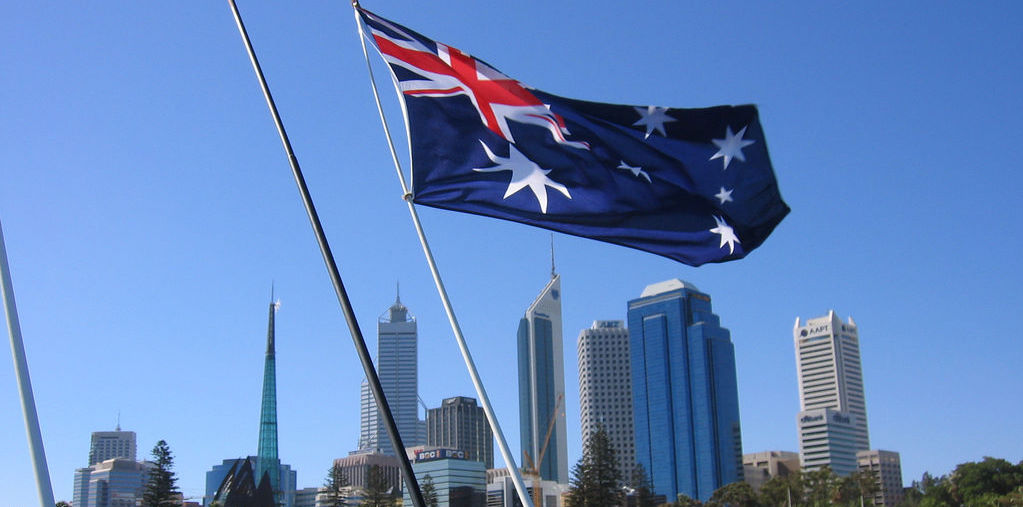
September 5, 2012, by ICCSR
Sustainability in Australia – The View from Down Under
21 years of unfettered economic growth. The biggest mining boom on record. Levels of inflation and employment the envy of almost every other developed country. Yes, by any measure, life in the Antipodes is good.
Combine this with sunshine, beaches, space aplenty and home-grown food enough for almost twice the existing population, then it is perhaps less than surprising that the issue of sustainability has struggled to penetrate the sunburnt exterior of Corporate Australia.
In the 2011/12 Annual Review of the State of CSR in Australia, the Australian Centre for Corporate Social Responsibility (ACCSR) concluded that ‘CSR in Australia is still driven by the traditional perception that its value lies in enhancing reputation, reducing risk and facilitating regulatory compliance.’
In recent months, environmental concerns have re-appeared on the radar screens of Australia’s largest polluters, due primarily to the introduction on July 1 of the Federal Government’s highly contentious Carbon Tax, launched interestingly at the same time as the Minerals and Resource Rent Tax.
One concerning aspect of the relative immaturity of the state of corporate sustainability in Australia is that the nation faces a host of daunting environmental and social challenges in the coming decade. Water remains a massive concern, characterised by the hostile debate surrounding the Murray Darling basin, the life blood of the Eastern Seaboard. Climate change looks certain to exacerbate the water situation if the prognoses of fewer rain days and more frequent extreme heat days by the Commonwealth Scientific and Industrial Research Organisation (CSIRO) are to be believed. Urbanisation – Australia is the most urbanised nation on the planet behind Hong Kong – combined with population growth will continue to challenge the policy makers and place ever greater stress on the finite centres of Sydney, Melbourne, Brisbane and Perth in particular.
Australians readily acknowledge these issues. Not so long ago, more than 90 per cent of Australians cited climate concerns as the major issue confronting the nation. Sadly political ‘tug-o-wars’ and vacillating policies at Federal and State levels have served to confuse rather than inform the debate, disengaging citizens and removing the political ‘heat’ from politicians and business leaders.
The concluding remarks of the ACCSR Review do give grounds for optimism.
‘There is a distinct divide between high-scoring companies – the pioneers – and those who are still developing their capabilities. CSR pioneers are achieving reduced costs, strengthened reputation and competitive advantage and avoiding the damaging consequences of poor performance such as litigation.’
There are pockets of discernible innovation in the Australian corporate landscape, often in the regions. Indeed, some of Australia’s largest construction and finance companies have been lauded as sector leaders in the Dow Jones Sustainability Index and appreciate the benefits of a more sustainable approach to business Sadly these examples remain few and far between.
The retail sector is perhaps a good example of where sustainability lags. A glorified duopoly competing almost exclusively on price is hardly a model for long term value creation for any of the stakeholders.
Regrettably, shifting the focus of Australia’s business leaders to longer term issues may yet prove challenging. In the face of instant gratification on glistering treasures from a resource hungry Super Power, perpetuation of old world business models looks almost inevitable in the near term.
by Simon Wright is a Lecturer in Sustainability & Responsible Business at the ICCSR, Nottingham University Business School and an Australian citizen !
Image courtesy of Horse Mechanic, reproduced under creative commons license CC BY-NC-ND 2.0 source: http://www.flickr.com/photos/30736045@N00/
No comments yet, fill out a comment to be the first

Leave a Reply